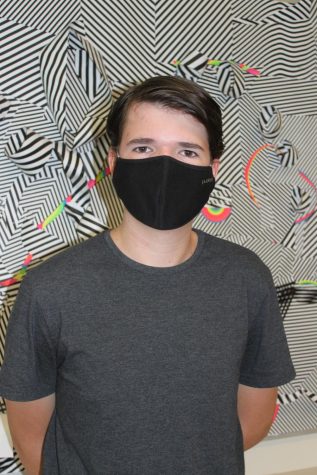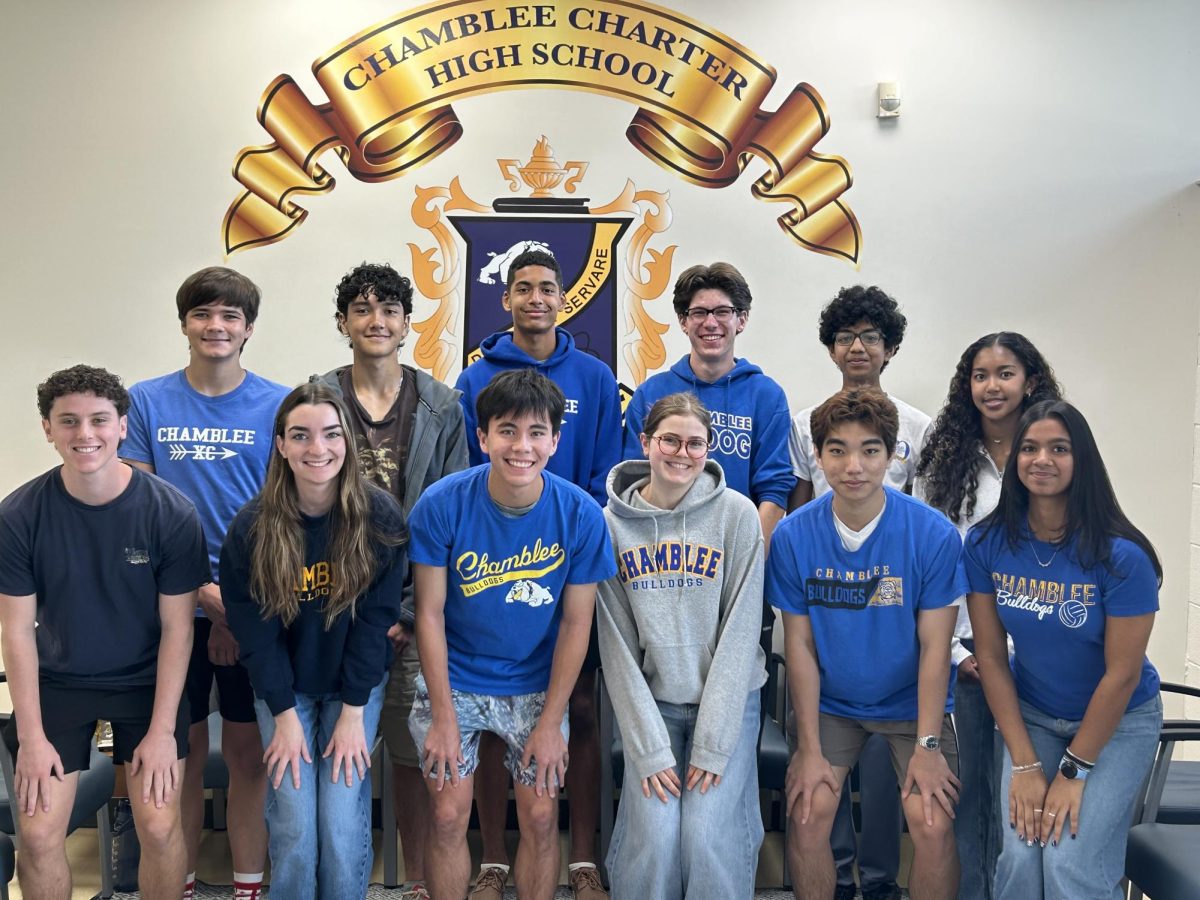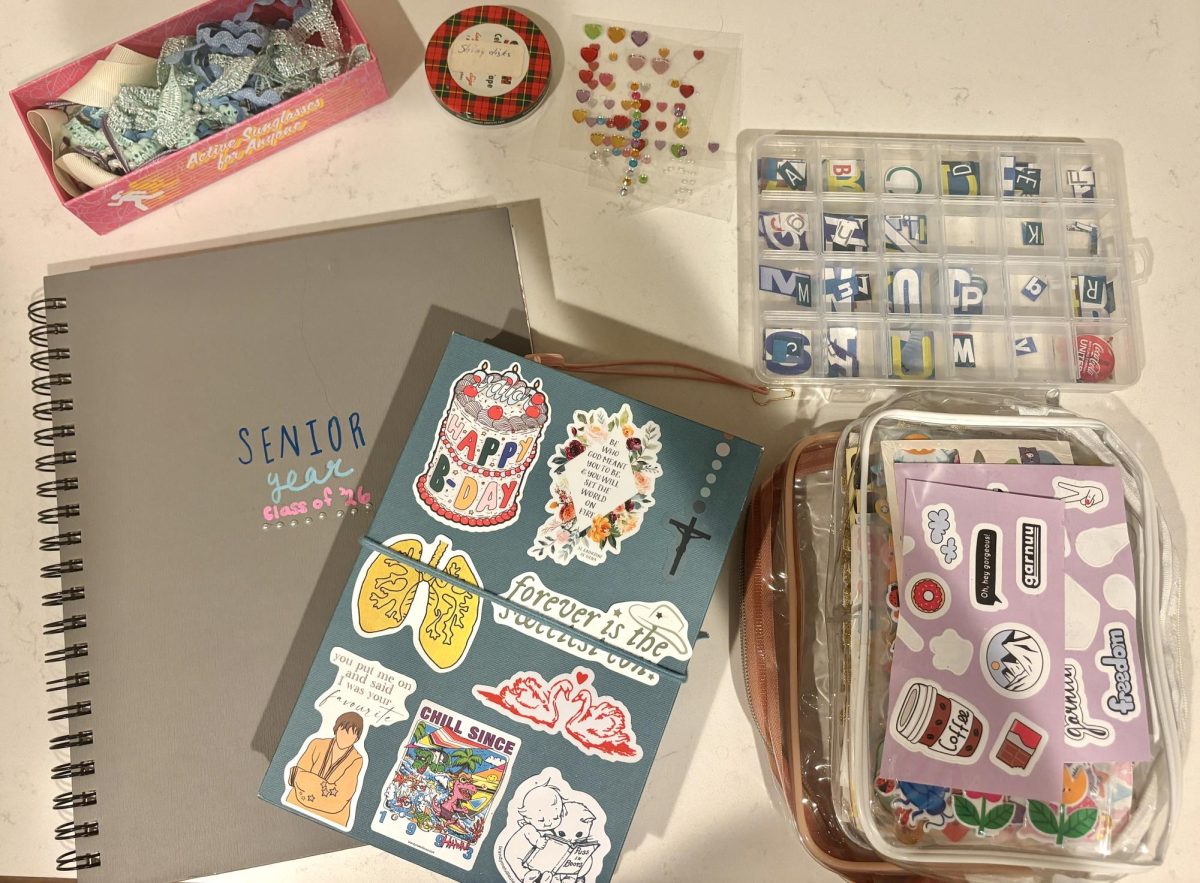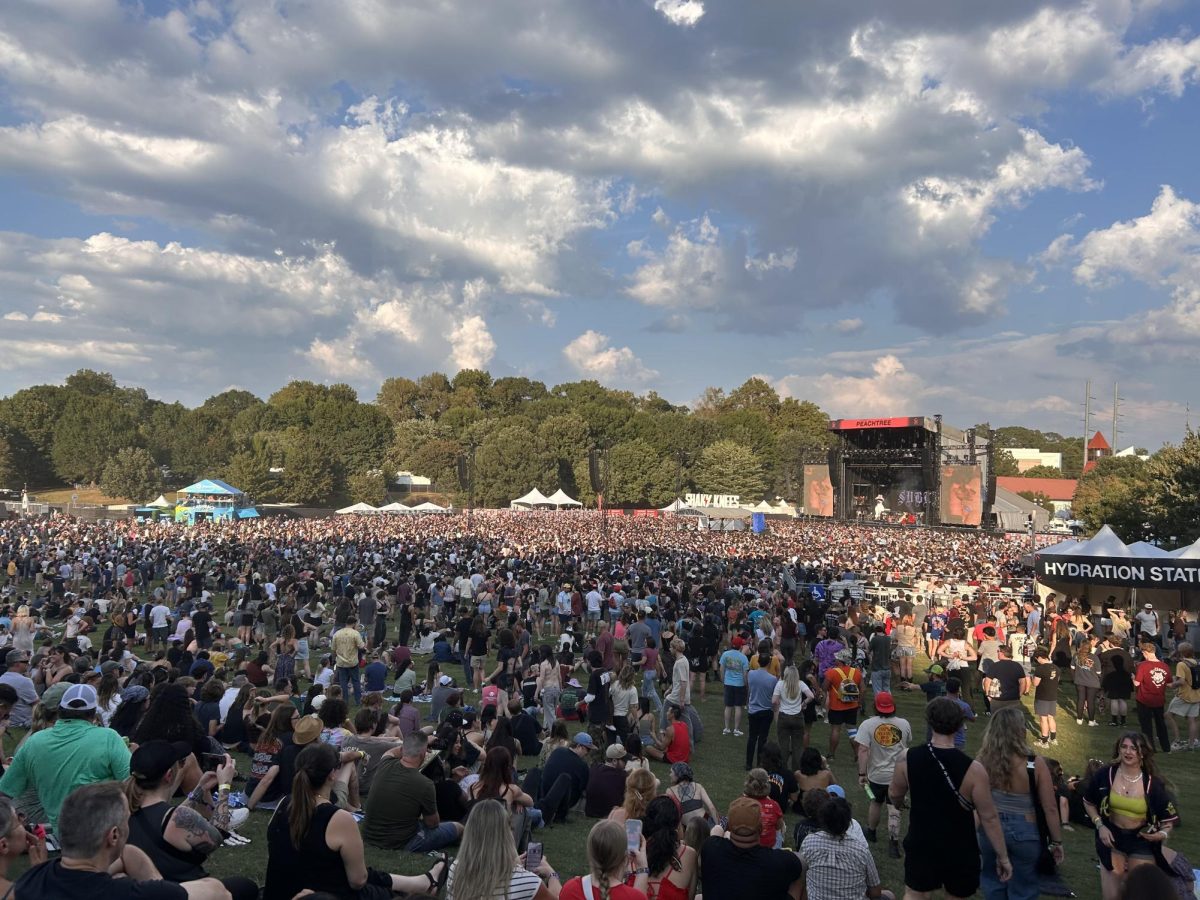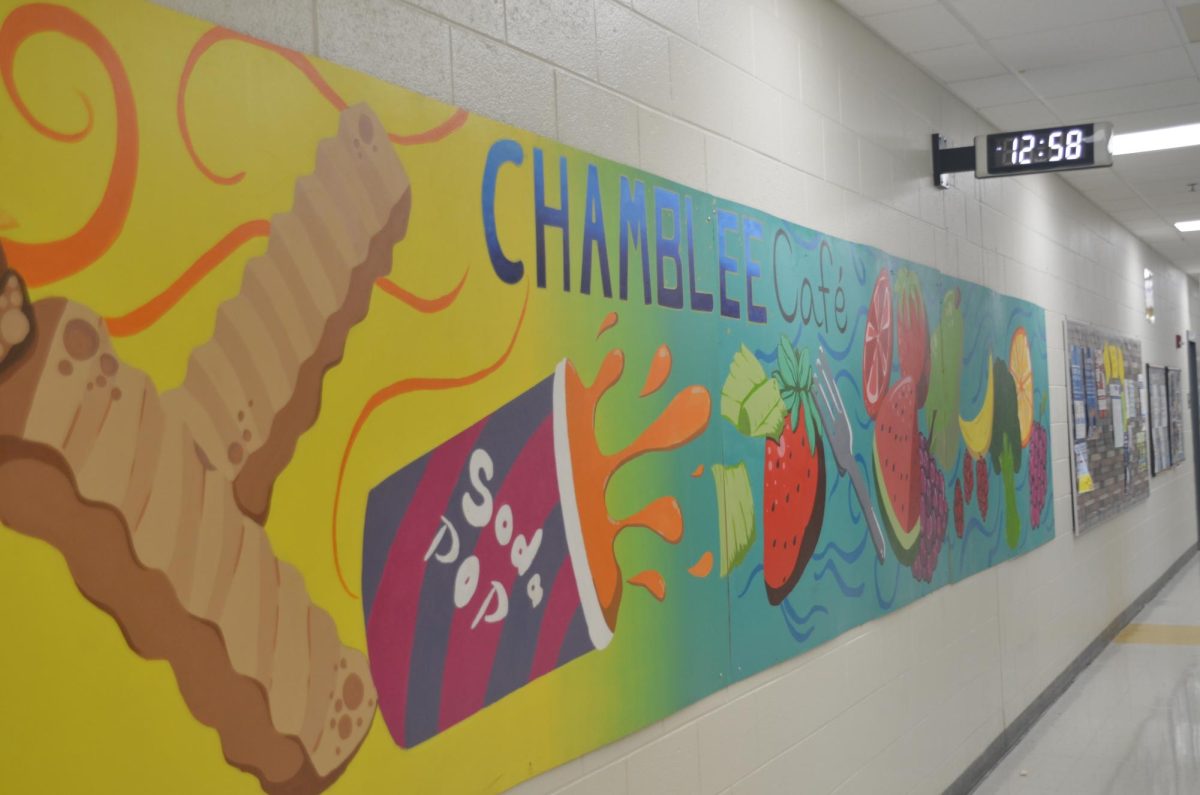Feel-Good News Versus Dystopian Reality
April 16, 2021
Earlier this month, I came across the news article “An 8-year-old boy paid off the lunch debt for his entire school by selling key chains.” It was part of CNN’s “The Good Stuff” newsletter, with “big headlines that make you smile.”
The article was about an eight-year-old in Vancouver who sold handmade keychains for five dollars in order to pay off his entire school’s lunch debt, along with donations towards six other schools. Before you think this is a Canadian problem, know that it actually took place in Vancouver, Washington.
The fact that school lunch debt is such a huge issue in the United States in the first place, with some kids being denied hot food, some kids being embarrassed in front of their peers, and some kids going hungry, is dystopian. We shouldn’t need a child to sell keychains to fix this. The system should work differently in the first place.
These supposedly heartwarming stories often fit a certain profile: someone works to raise money in order to help someone else in dire need. Yet, we must question how terrible situations and dire needs arise in the first place.
The concept of people using a GoFundMe to raise money for medical expenses is often featured as an inspiring story on news sites. But there is nothing uplifting or inspiring about a healthcare system that fails the American people.
According to GoFundMe’s CEO, one-third of all fundraisers on GoFundMe are for medical expenses. This makes up more than 250,000 campaigns per year that add up to more than $650 million raised annually for medical costs.
What kind of society has medical care that is this unaffordable? Why is only getting care if you have enough money normalized? Healthcare systems in many other developed nations do not function like this. Perhaps, instead of praising these individual heroes who raise money to help others, we should be examining the inhumanity of the way our healthcare system works.
Stories of someone who is homeless only finding housing and job opportunities after they find a bomb and go viral or a kid raising money for a parent who can’t afford a headstone for their child both fit the continuing theme of heartwarming stories that are dystopian in nature.
Student lunch debt, inaccessible medical care, rising homelessness, and poverty that prevents parents from purchasing a headstone for their dead child are all dystopian themes. Reporters and journalists spinning feel-good sound bites about GoFundMe successes would better serve us by exposing the larger systems that create these problems in the first place.

